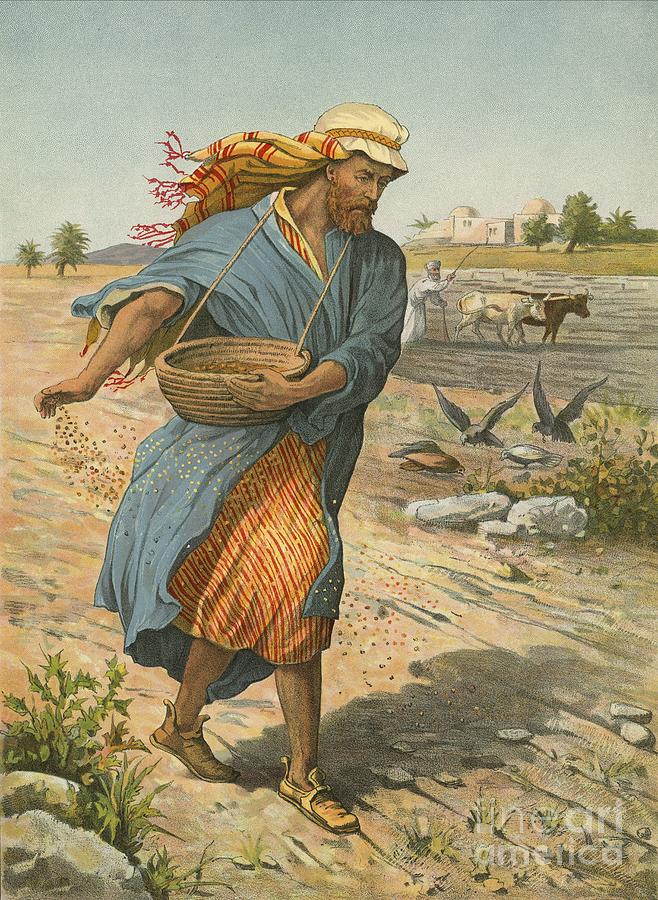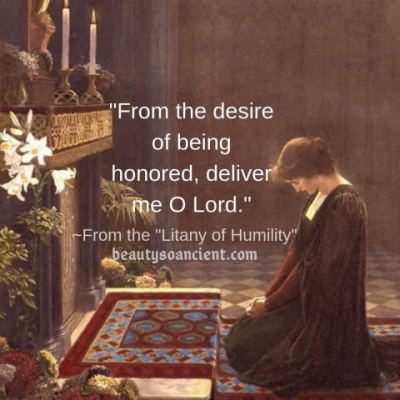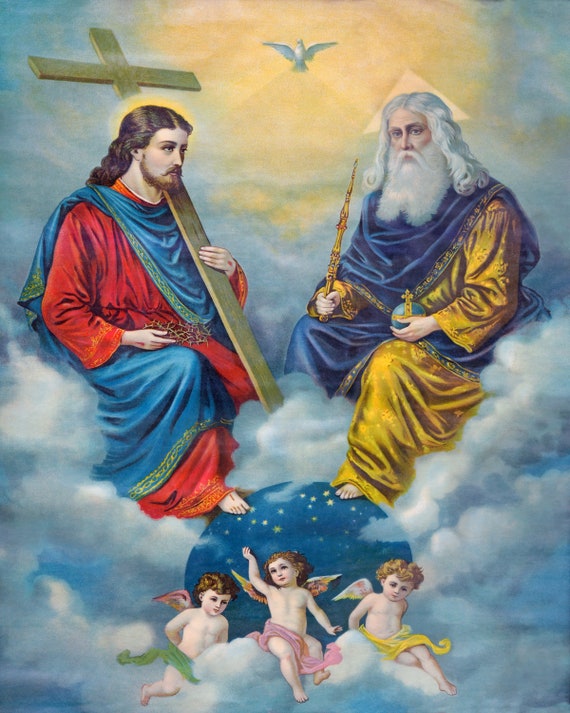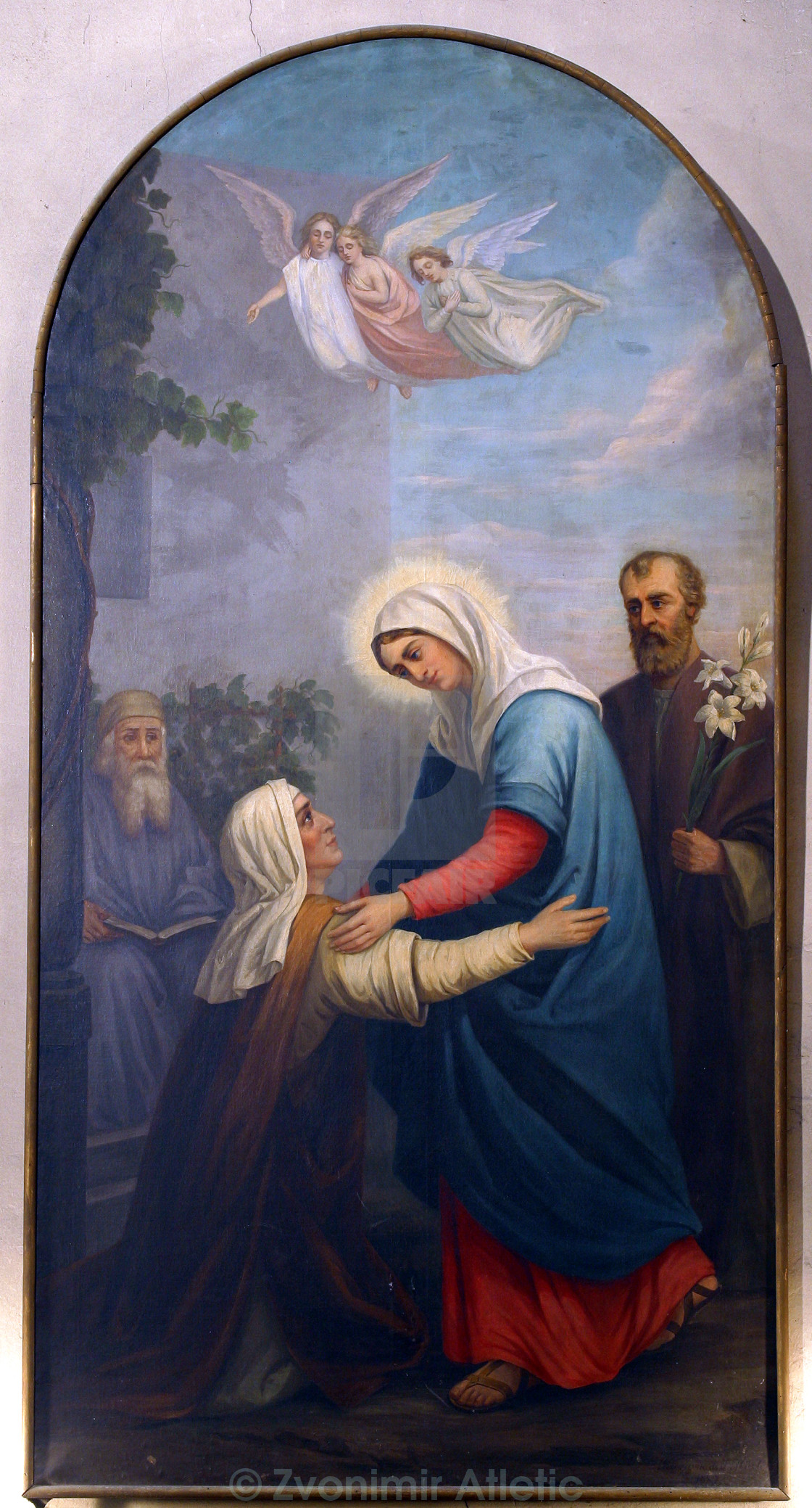In the Gospel today, Jesus summons His 12 apostles and gave them authority over unclean spirits and to cure every disease and illness. After He instructed them, and sent out the 12 to go after the lost sheep of Israel and to make the proclamation the kingdom of God is at hand.
The apostles were the first bishops. The bishops today are the successors of the apostles. Just as Jesus told the Apostles they had authority over unclean spirits, so today, every Bishop is an exorcist and had power and authority to deliver people from demons.
The first bishops, the apostles were weak men, but the Lord chose them to be shepherds. One bishop, Judas, betrayed Him and ended up committing suicide. All of them abandoned Jesus during His arrest in the garden, Peter denied Jesus three times and only one apostle faithfully stood at the foot of the Cross. But in the end, 10 would be martyred and one they attempted to kill, but would survive.
What are the duties of a bishop? St. Paul in his letter to 1 Timothy, Chapter 3, describes their duties. “Now a bishop must be above reproach, …..temperate, sensible, respectable, hospitable, an apt teacher, not a drunkard, not violent but gentle, not quarrelsome, and not a lover of money. He must manage his own household well,… He must not be a recent convert, or he may be puffed up with conceit and fall into the condemnation of the devil. Moreover, he must be well thought of by outsiders, so that he may not fall into disgrace and the snare of the devil.”
In Paul’s letter to Titus, he said, “For a bishop, as God’s servant, must be blameless, a lover of goodness, a master of himself, upright, holy and self-controlled.” “He must hold firm to the sure word, as taught, so that he may be able to give instruction, to sound doctrine and also confute those who contradict it.”
Therefore, he must be virtuous, responsible, highly respected, have self-control and stand firm in the truth.
St. Paul also said, "In the presence of God and of Christ Jesus, who is to judge the living and the dead, and in view of his appearing and his kingdom, I solemnly urge you: proclaim the message; be persistent whether the time is favorable or unfavorable; convince, rebuke, and encourage, with the utmost patience in teaching. For the time is coming when people will not put up with sound doctrine, but having itching ears, they will accumulate for themselves teachers to suit their own desires, and will turn away from listening to the truth and wander away to myths. As for you, always be sober, endure suffering, do the work of an evangelist, carry out your ministry fully."
Bishop Carlson describes the duties of bishops. He said, “To the successors of the Apostles is entrusted the entire People of God: with the assistance of their priests, Bishops thus have the responsibility of preaching the Gospel, administering the sacraments, and guiding Christ’s flock. The Bishop is the principal teacher in the faith community. As such, he must be devoted to preaching the Gospel constantly. That preaching aims at illuminating to the faithful what they must believe and put into practice, while steering them away from every error that is life-threatening to the spirit. The Bishop’s teaching is called to embody a powerful proclamation of the reasons for hope. His responsibility must be taken up courageously, proclaiming Jesus Christ as the encompassing center of Christian life and of all history, expounding the moral life as the unique pathway responsive to the sublime vocation of those who believe in Christ. Preaching the message of salvation, the Bishop must make it his first concern to lead others to knowledge of the truth of salvation in Christ and to that "obedience of faith" which welcomes God’s saving Word and opens man to the transformation of grace. Indifferent to human popularity, the Bishop must boldly preach the Cross for the sake of the souls entrusted to him. The unity of truth and love can never be compromised under the pretext of retaining believers or of maintaining the harmony and good disposition of church-going members. In essence, the Bishop must be committed to freeing the faithful from every form of superficiality and to feeding his flock with the lasting substance of sound doctrine. Indeed, the aim of episcopal teaching is none other than the sanctification of souls. Specifically, the Bishop must seek to awaken Christian consciences and call every citizen to a responsible moral life and freedom in Jesus Christ.
The Bishop is the primary minister of the sacred liturgy and principal dispenser of all of the sacraments.
Here are some words by Pope Gregory the Great, in his document Pastoral Care, that describes how bishops are to act. He said, “Although those who have no knowledge of the powers of drugs shrink from giving themselves out as physicians of the flesh, people who are utterly ignorant of spiritual precepts are often not afraid of professing themselves to be physicians of the heart.” He says that since “the care of feeding is a testimony of love,” the one who fails to teach “the flock of God is convicted of having no love for the Supreme Shepherd”. “The ruler should be exemplary in his conduct, that by his manner of life he may show the way of life to his subjects, and that the flock, following the teaching and conduct of its shepherd, may proceed the better through example rather than words”. After all, “His voice penetrates the hearts of his hearers the more readily, if his way of life commends what he says.” He said, “A man is quite incapable of learning humility in a position of superiority, if he did not refrain from acting proudly when he was in a position of subjection” .Gregory writes, “For that man is an enemy to his Redeemer who on the strength of the good works he performs, desires to be loved by the Church, rather than by Him”. For this reason, Gregory urges boldness amidst humility. He warns that the desire for people’s approval causes us to “fear to speak freely of what is right” and thus fail to “exercise the zeal of shepherds caring for the flock”.
Today, let us pray for our bishops who have a daunting role in the Church, that they may be courageous defenders and proclaimers of the deposit of faith, and the Tradition of the Church, be teachers who enlighten the people of God about the truth of our faith and combat false teachings –all for the salvation of souls entrusted to them, as apostles. O Mary, Queen of the Apostles, pray for them, who have recourse to thee.











